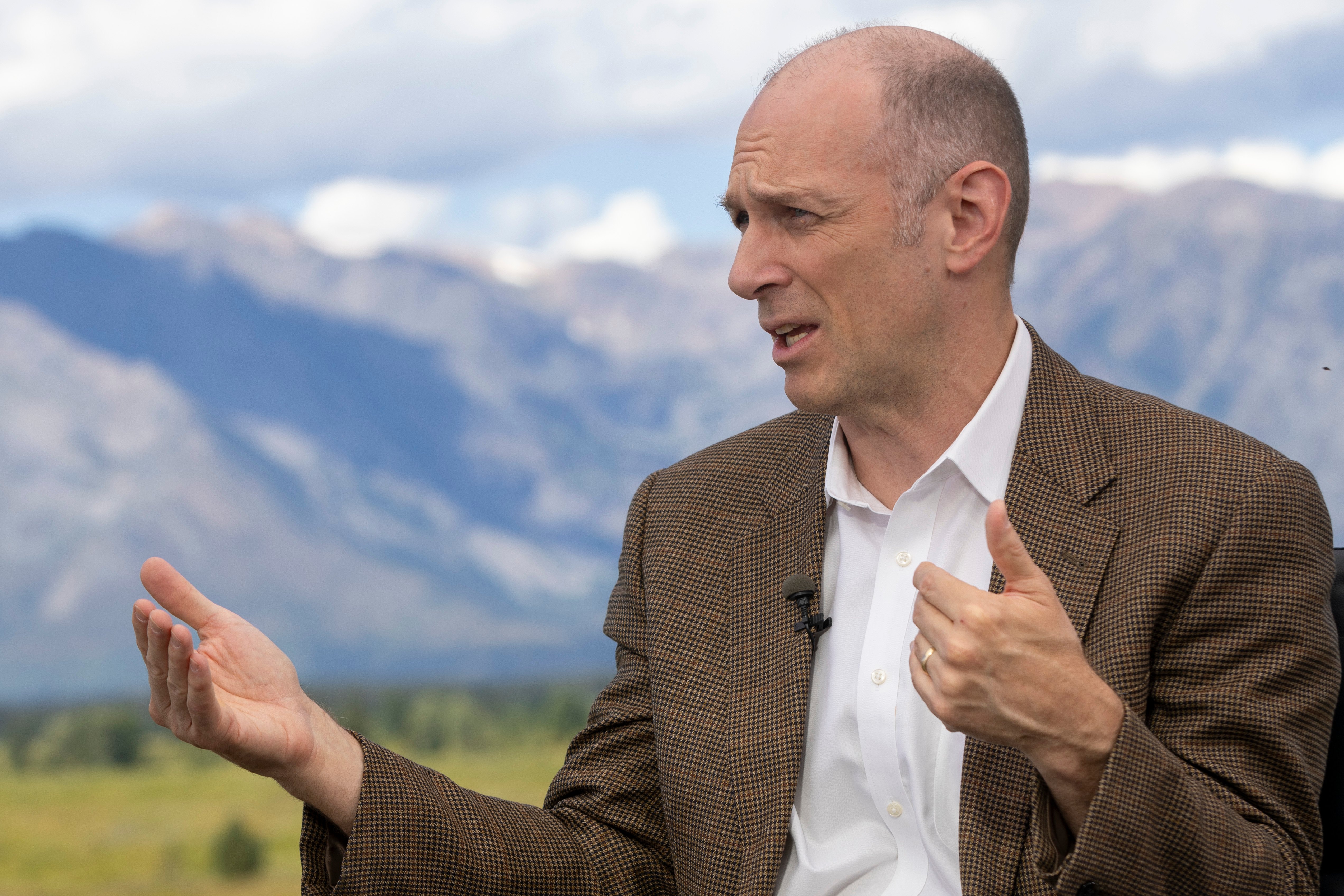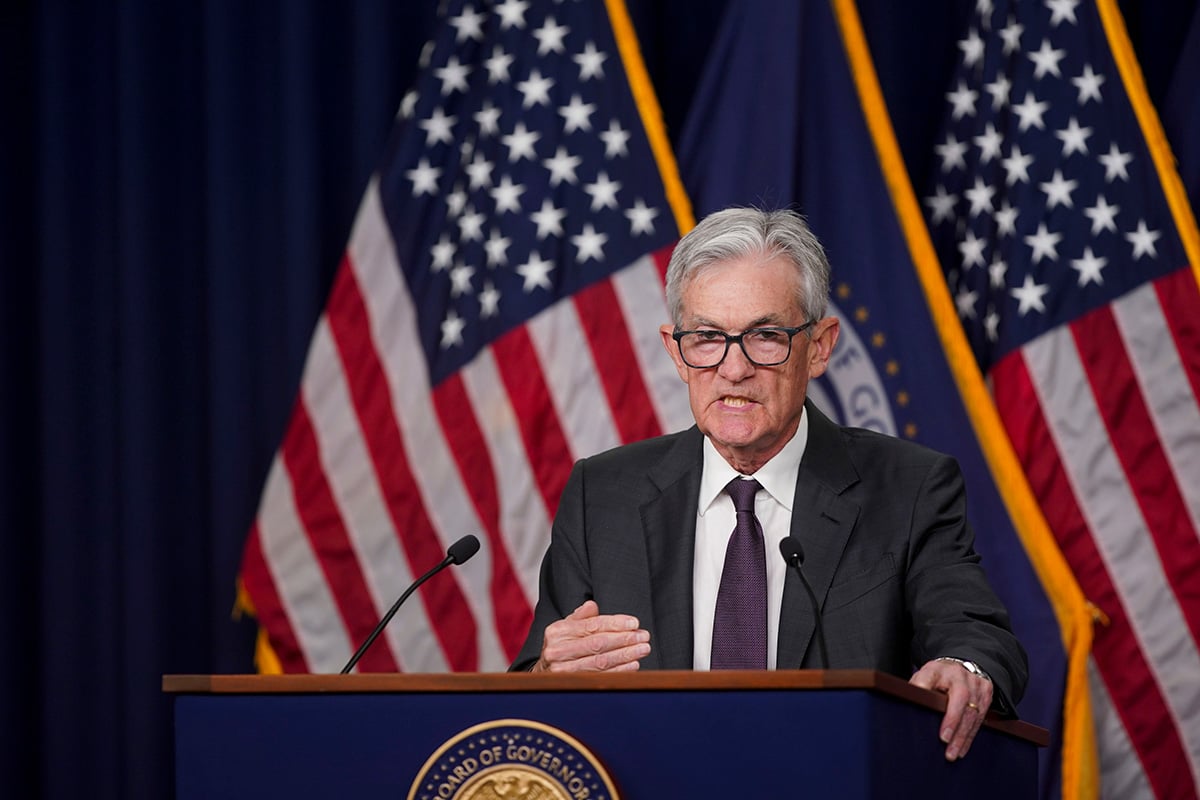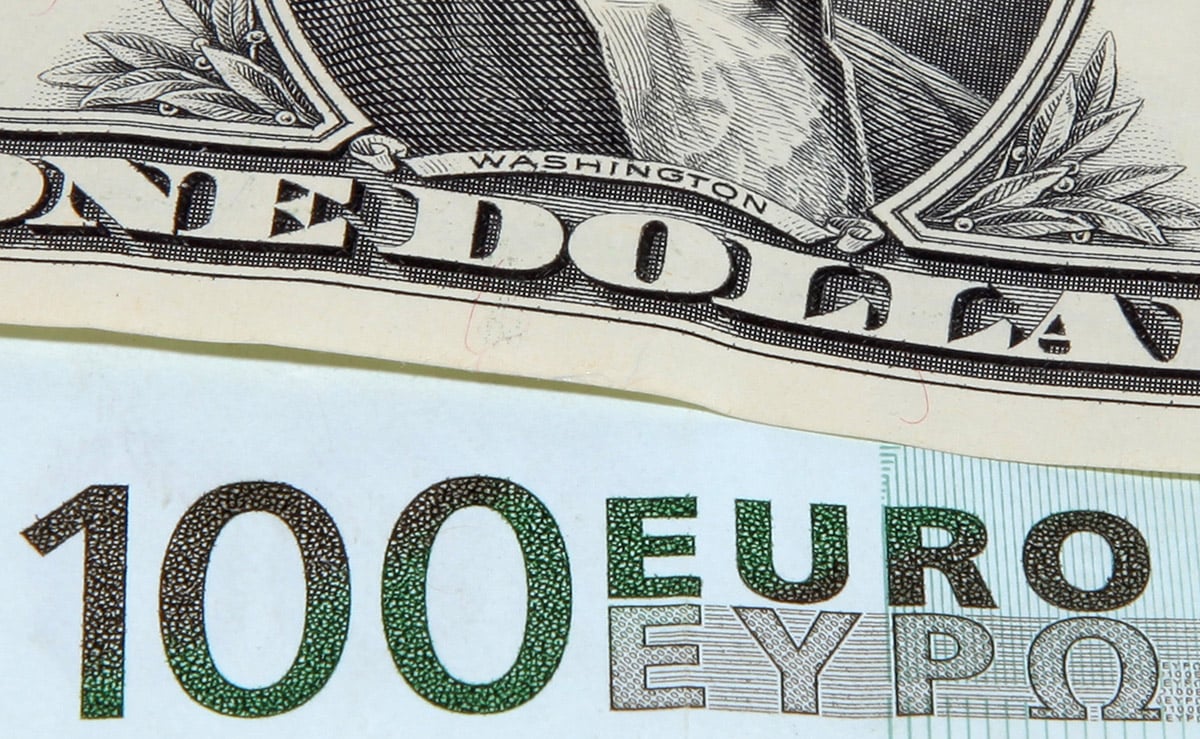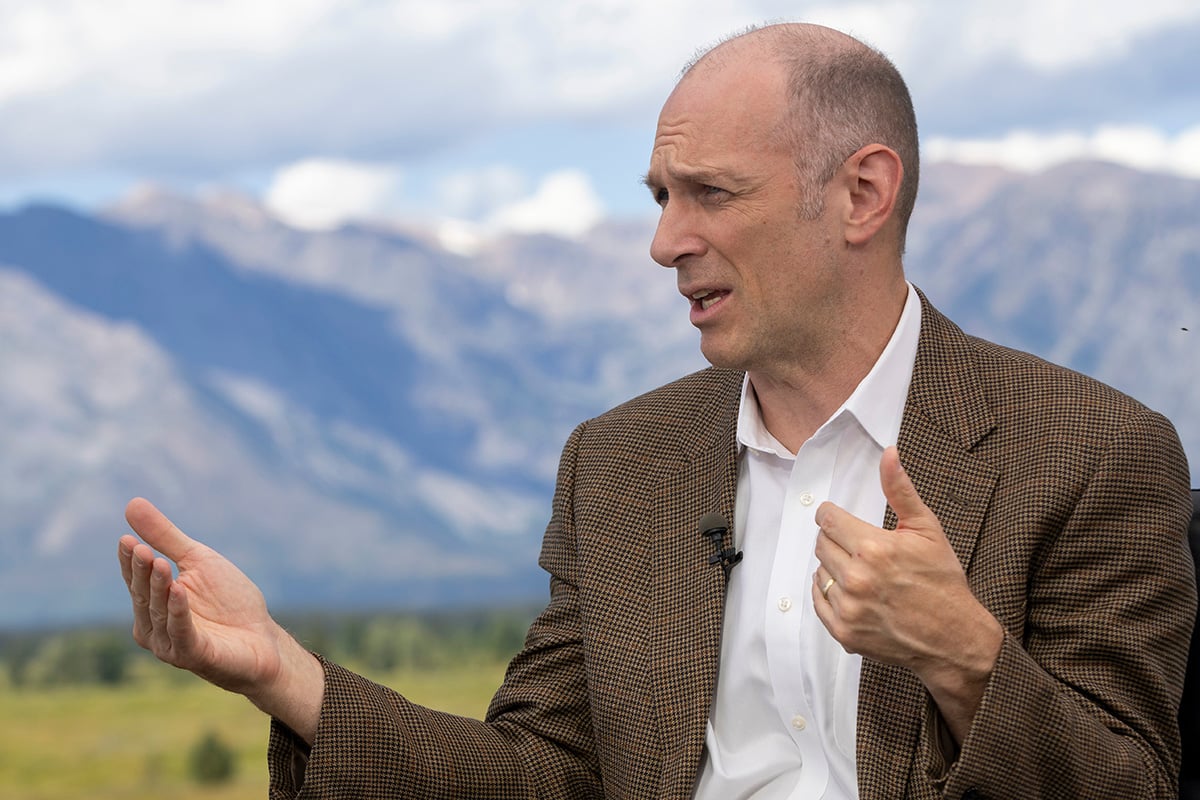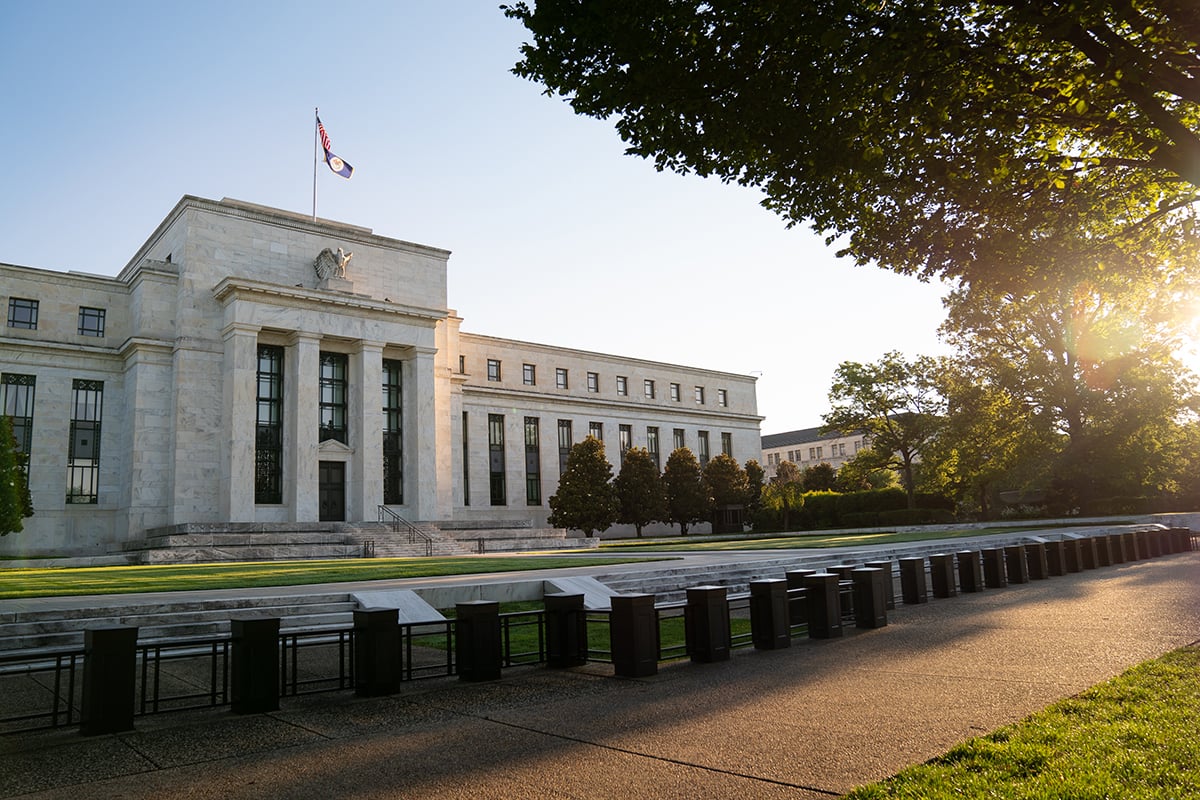About The Author

CONNECT WITH THIS AUTHOR
July 09, 2025
March 03, 2025
February 05, 2025
January 29, 2025
December 16, 2024
December 13, 2024
November 18, 2024
October 01, 2024
September 18, 2024
August 28, 2024



